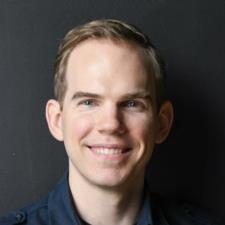
Parker H. answered • 02/10/23
PhD, Theology, in progress. Specialize in religious studies.
There are a couple of aspects to the question of whether or not dreaming is sleeping. First, we need to clarify whether dreaming just is sleeping. According to this understanding, there would be on difference between the two. The 'just is' communicates this identity in the comparison. It is clear that dreaming is not simply sleeping. We have cases of people who sleep and do not dream at all times, and research shows that dreaming normally happens during the last minutes before waking. In other words, you do not dream at all times when you sleep. For these reasons, dreaming is not merely sleeping.
A second aspect we need to address is whether or not sleeping is required to dream. Do people dream only if they are asleep? There are cases of daydreaming which suggest that a person is dreaming without sleeping. When i recline in my chair and think of stories, the time may go by faster than I was aware that it did. This would seem to be like dreaming! In order to clearly answer address this second aspect, we need to know what the criterion is (or, the criteria are) for sleep.
You might investigate this criterion from a physiological perspective. For example, what is the human brain's activity when a human sleeps? While it is a bit further afield to discuss the physiological criterion for sleep and dreaming, such an investigation would render positive results. Once you have the proper understanding of sleep and dreaming in hand, then you can discern whether or not one can dream without sleeping. Another way you might investigate this is to stipulate a definition of dreaming basic on common experiences and intuitive examples. This would be a standard way to proceed philosophically, a way which has traditionally emphasized reasoning through questions abstractly.
In all, it is an intriguing question of whether dreaming is sleeping, and it is important to keep in mind these different aspects (and others) when addressing the question.




